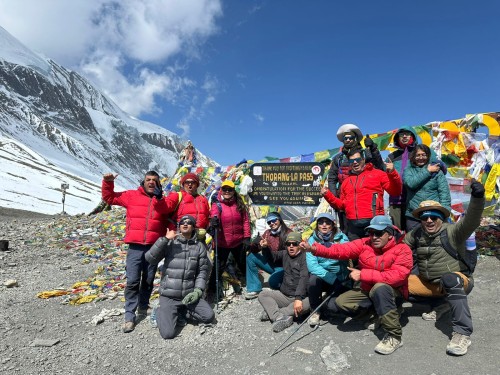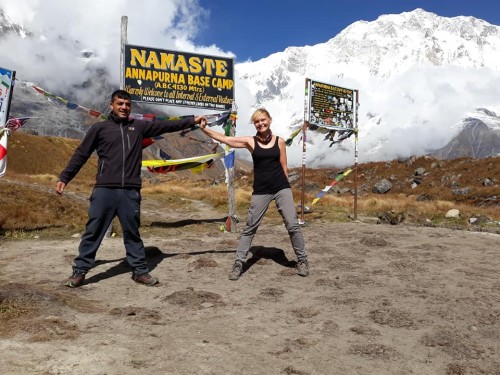Everest Base Camp Trek Cost
14th Sep, 2025
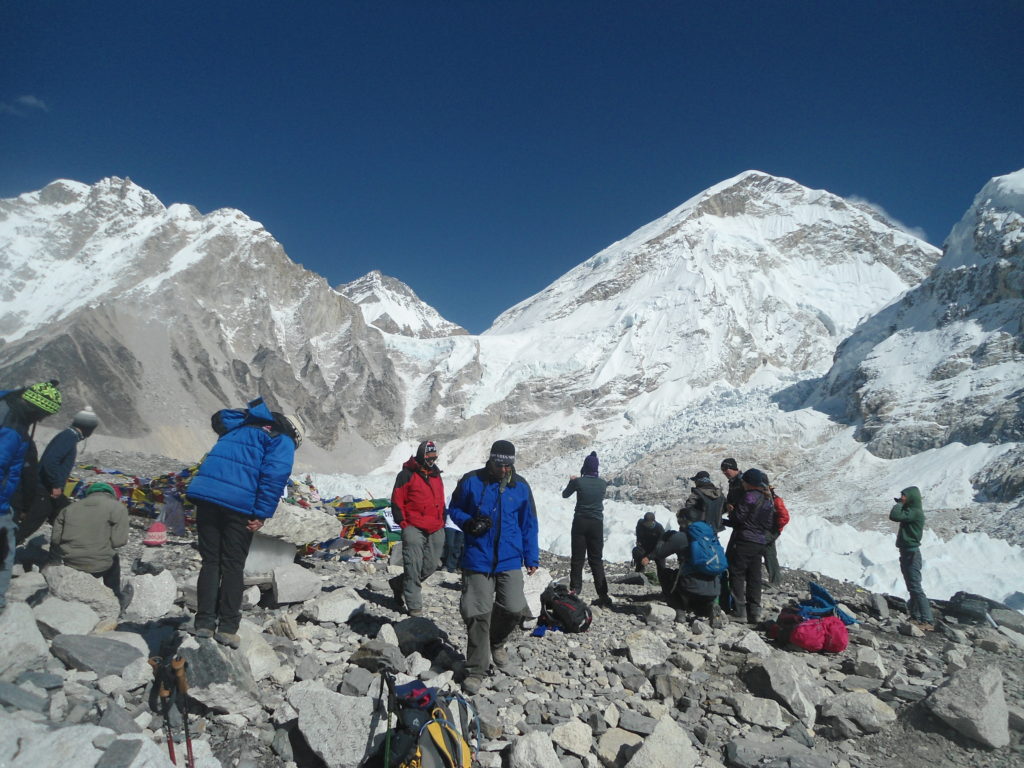
Everest Base Camp (EBC) Trek cost breakdown is essential for planning your Everest Base Camp trekking adventure. The total cost breakdown of the trek includes Lukla flights, which are required to reach the starting point of the trail, trekking permits such as the Sagarmatha National Park Entry Permit and Khumbu Pasanglyamu Rural Municipility entry permit, accommodation in teahouses and lodges, meals and drinks, services of a licensed guide and porter.
Table of Contents
Additional expenses may include extra alcoholic drinks, extra snacks, tips and personal gear. By knowing the detailed cost for each of these components, trekkers can plan a realistic budget, ensure a safe and comfortable journey, and fully enjoy the breathtaking Himalayan scenery, vibrant Sherpa culture, and the once-in-a-lifetime experience of standing at the base of the world’s highest peak.
Everest Base Camp Trek – Itinerary
Day 1: Fly to Lukla (35 minutes) and trekking to Phakding (2,655 m) 3/4 hrs walk. Overnight at Tea House
Day 2: Trek to Namche Bazaar (3440 m), walking time 5/6 hrs. Overnight at the Tea house
Day 3: Rest day for acclimatization at Namche bazaar. Overnight at the Tea house
Day 4: Trek to Tengboche (3865 m), walking time 5 hrs. Overnight at the Tea house
Day 5: Trek to Dingboche (4400 m), walking time 5-6 hrs. Overnight at the Tea house
Day 6: Rest Day for Acclimatization. Overnight at the Tea house
Day 7: Trek to Lobuche (4900 m), walking time 5-6 hrs. Overnight at the Tea house
Day 8: Trek to Gorak Shep (5180 m) - Everest Base Camp (5363 m) and back to Gorak Shep, Walking time 7-8 hrs. Overnight at the Tea house
Day 9: Hike to Kalapathar (5550 m) and trek back to Pheriche (4240 m), walking time 7-8 hrs. Overnight at the Tea house
Day 10: Trek to Namche Bazaar (3440 m), walking time 7-8 hrs. Overnight at the Tea house
Day 11: Trek to Lukla (2800 m), walking time 6-7 hrs. Overnight at Tea house
Day 12: Flight back to Kathmandu. Overnight at Hotel
Everest Base Camp Trek – Lukla Flight Cost
If you are planning the Everest Base Camp Trek, it’s important to know the Lukla flight cost such as Kathmandu–Lukla–Kathmandu or Ramechhap–Lukla–Ramechhap, as Lukla is both the starting and ending point of the trek. During the main trekking seasons (mid-September to mid-November and mid-March to mid-May), all Lukla flights operate from Ramechhap to Lukla. For the rest of the year, flights operate from Kathmandu.
Lukla Flight Costs:
- Kathmandu–Lukla–Kathmandu: USD 448 per person round trip for foreign trekkers. For Indian trekkers, NPR 19,000 per person one way, and for Nepali nationals, NPR 6,500–9,000 per person one way (depending on the season).
- Ramechhap–Lukla–Ramechhap: USD 360 per person round trip for foreign trekkers. For Indian trekkers, NPR 16,000 per person one way, and for Nepali nationals, NPR 4,500–7,000 per person one way (depending on the season).
Important Note on Itinerary and Possible Lukla Flight Delays
The itinerary provided above is only a guideline for the Everest Base Camp (EBC) Trek. The standard itinerary from Kathmandu to Kathmandu is 12 days, but we can create a customized plan based on trekkers’ requirements and available vacation time. This trek can be tailored to fit your preferred duration, budget, and schedule.
We advise all trekkers to be prepared for possible delays or cancellations, as flights to and from Lukla are highly dependent on weather conditions. If flights are delayed or canceled, you may need to add a few extra days to your itinerary since the weather can change quickly. We will do our best to adjust the itinerary and reschedule you on the next available flight. If you have limited time before or after your trek, you may consider taking a helicopter (at an additional cost) to or from near Lukla, or alternatively choosing a trekking route in another region. To avoid the risk of missing your pre-planned international flight, we strongly recommend arranging at least one or two extra days in your trip to accommodate potential flight delays or cancellations.
Everest Base Camp Trek – Permit Costs
To trek to Everest Base Camp, two types of permits are required: the Sagarmatha National Park Entrance Permit and the Khumbu Pasang Lhamu Rural Municipality Entrance Permit. Both permits can be purchased along the way, near the Pasang Lhamu Memorial Gate after Lukla. The costs are as follows:
Khumbu Pasang Lhamu Rural Municipality Entrance Permit
- NPR 3,000 per person, per trek (for all foreigners)
- NPR 2,000 per person, per trek (for Indian and Chinese nationals)
Sagarmatha National Park Entrance Fee
- NPR 3,000 per person, per trek (for all foreigners)
- NPR 1,500 per person, per trek (for SAARC citizens)
Everest Base Camp Trek – Guide Cost
A guide is essential for the Everest Base Camp Trek, especially for beginners and older trekkers, to ensure a hassle-free experience. The guide arranges all logistics, including permits, transportation, accommodation, and meals, while also explaining the local culture and nature, and showing the best photography spots for mountain views. The guide cost ranges from USD 25 to USD 35 per day, depending on the group size and season. This cost applies even for larger groups of up to 10 people and includes the guide’s accommodation, meals, and insurance during the trek.
Everest Base Camp Trek – Porter Cost
A porter is also an important support person for trekkers, especially beginners and older trekkers, on the Everest Base Camp Trek. Hiring a porter allows trekkers to fully enjoy the journey without carrying heavy loads, as the porter helps by carrying all necessary belongings. A porter can carry about 25 to 30 kg of baggage, so one porter is usually shared between two trekkers. This means if there are two trekkers, hiring one porter is ideal. For a single trekker, hiring a porter can be slightly more expensive compared to sharing. The porter cost ranges from USD 20 to USD 30 per day, depending on the group size. This cost applies whether for one or two trekkers and includes the porter’s accommodation, meals, and insurance during the trek.
Everest Base Camp Trek – Accommodation and Cost
There are various types of accommodation available along the Everest Base Camp Trek, ranging from basic to luxurious, at almost every stop. Due to the trek’s popularity, accommodation facilities are well-managed, with plenty of lodges and restaurants in popular locations such as Lukla, Phakding, Namche, Dingboche, and Pheriche. In these places, it is generally easy to find suitable lodging.
Most lodges offer private twin-sharing rooms (two beds per room) with shared outdoor bathrooms. The rooms usually include clean bedding and blankets. In some areas, you may find lodges with attached bathrooms and toilets, but shared facilities are more common. If you prefer more comfort, there are also luxury lodges with premium facilities, though they are more expensive compared to basic options.
The cost of accommodation varies depending on the type:
- Basic lodges: USD 5 to 15 per night
- Luxury lodges (such as Everest Summit Lodge, Yeti Mountain Home, and Everest View Hotel): USD 50 to 300 per night
As you ascend to higher altitudes, lodges may become more basic, but you can still choose the best option according to your budget and preferences.
Everest Base Camp Trek – Meals and Cost
Every teahouse and lodge along the Everest Base Camp Trek has a food menu offering a variety of options, including both local and international dishes. However, the taste may differ from typical Western cuisine.
A highly recommended option is Dal Bhat, Nepal’s famous traditional meal. It usually includes rice, lentil soup, vegetables, pickles, and papad, and it is served in generous portions until you are full.
Menus also feature a wide range of other dishes such as burgers, pizza, momos (dumplings), soups, potato dishes (boiled potatoes, French fries, fried potatoes), egg items, porridge, bread varieties, meat dishes, bakery items, and fried options (fried rice, fried noodles), among others.
The cost of each meal typically ranges from USD 5 to 15, depending on the location and altitude.
Everest Base Camp Trek – Drinks and Cost
There are a variety of drink options available at teahouses, lodges, and small tea shops along the Everest Base Camp trail:
- Tea: Many types of hot tea are readily available, such as black tea, green tea, herbal tea, spiced Nepali tea (chai), ginger tea, and milk tea. These hot teas provide warmth and comfort, especially in colder altitudes.
- Coffee: Most lodges offer coffee, but it is usually instant coffee. While the quality may vary (black or milk coffee), it remains a warm and energizing option.
- Hot Chocolate: A delightful choice for those who want a sweet and warming drink.
- Ginger Lemon Honey Tea: Popular for its soothing properties and potential health benefits, especially helpful at higher altitudes.
- Bottled Water: Available at teahouses, but the price increases as you ascend. Since staying hydrated is crucial for preventing altitude sickness, we recommend carrying a refillable water bottle and using purification methods when refilling from local sources. Our team will guide you on the proper use of purification tablets or filters, ensuring safe and cost-effective hydration.
- Soft Drinks: Many teahouses sell canned or bottled soft drinks such as cola, Pepsi, soda, and fruit juices. Availability decreases at higher altitudes due to transportation challenges.
- Alcoholic Beverages: Teahouses often provide a limited selection, including beer, rum, vodka, and local drinks like Tongba and Raksi. However, alcohol is not recommended at high altitudes, as it can cause dehydration and its effects are stronger at elevation.
Cost:
- Hot drinks usually cost USD 1 to 5, depending on location, altitude, and type.
- Cold drinks generally cost USD 3 to 10, depending on the same factors.
Everest Base Camp Trek – Extra Costs
In addition to the main expenses such as transportation, permits, guide and porter services, food, drinks, and accommodation, trekkers should also budget for several extra costs during the Everest Base Camp Trek. These include personal expenses like internet access, snacks, hot showers, and charging electronic devices, as well as donations and tips for your guide and porter. Unlike city hotels, most teahouses along the trekking route do not include these services in the accommodation cost, so you will need to pay separately. The price for these extra services usually ranges from USD 5 to 10 per item, depending on the location and altitude—the higher you go, the more expensive they tend to become. For tipping guides and porters, it is customary and highly recommended to allocate around USD 10 to 15 per day, which serves as recognition for their hard work and invaluable support throughout the trek. Planning for these extra expenses in advance will help ensure a smoother and more enjoyable trekking experience.
Total Combined Cost of the Everest Base Camp Trek
The overall cost of the Everest Base Camp Trek can vary widely and is influenced by several important factors. These include the size of your group, the level of comfort you prefer for meals and accommodations, whether or not you choose to hire a licensed guide and porter, and your preferred mode of transportation to and from the trailhead. For a standard 12-day itinerary from Kathmandu to Kathmandu, the total cost typically ranges between USD 1,250 and USD 2,500 per person. This estimate generally covers all the essential expenses such as transportation, accommodation, meals, guide and porter services, and the required permits for the trek. The lower end of the range usually applies to budget-conscious trekkers who opt for basic lodges and minimal extras, while the higher end reflects the added comfort of upgraded accommodations, private services, or flexibility in case of flight delays and changes. By understanding these cost components in advance, trekkers can plan their budget realistically and ensure a smooth, safe, and enjoyable journey to the base of the world’s highest peak.
Are you interested on any of your travel serveices?
Make Inquiry NowRecent From Blog
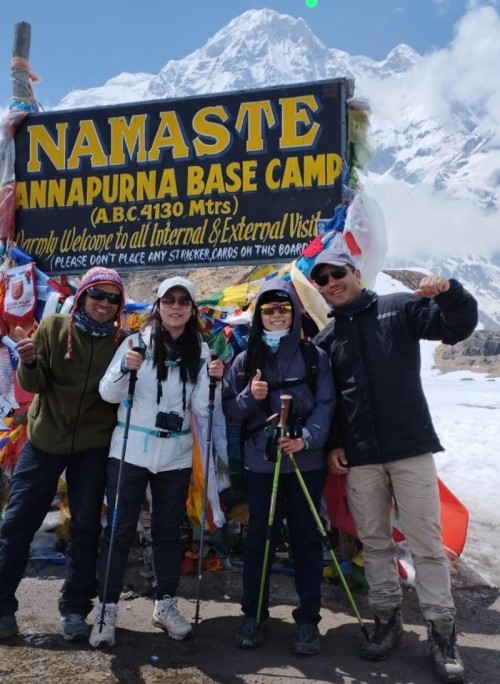
15th Jun, 2023
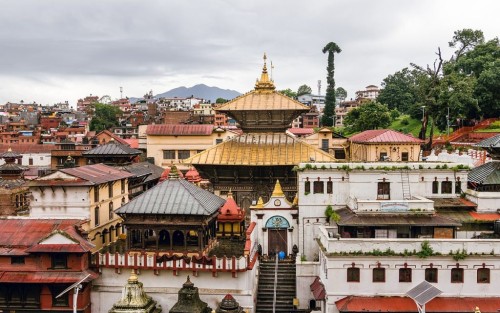
21st Feb, 2021
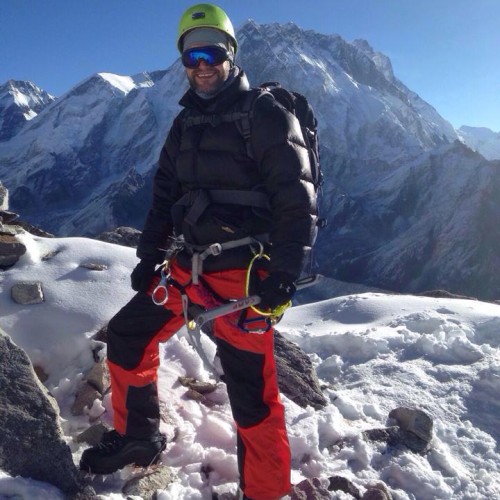
28th Feb, 2018
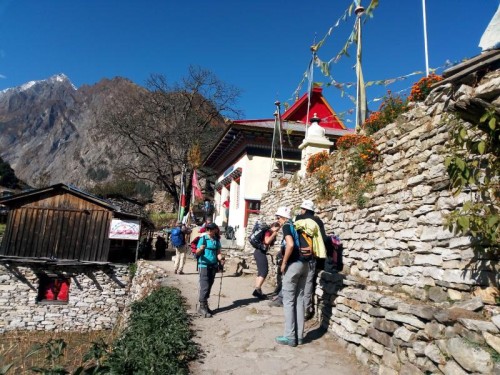
5th Sep, 2023

13th May, 2019
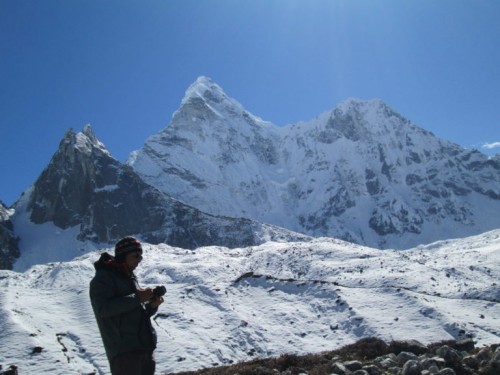
19th Feb, 2019
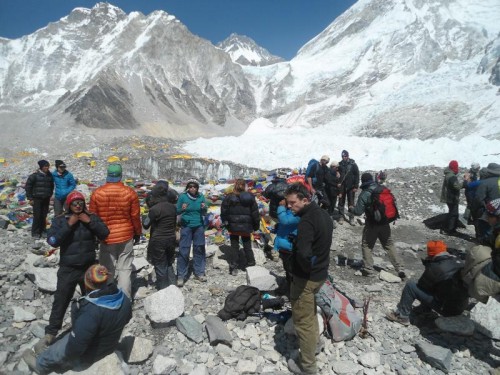
8th Feb, 2021
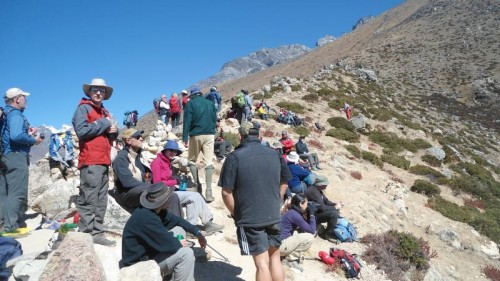
21st Jan, 2021
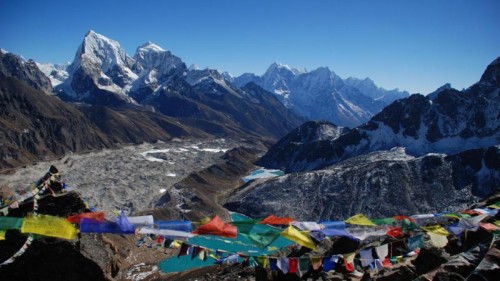
29th Jul, 2020
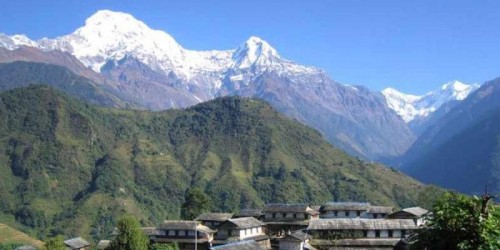
3rd May, 2019

30th Apr, 2020

3rd Apr, 2020

17th Jul, 2020
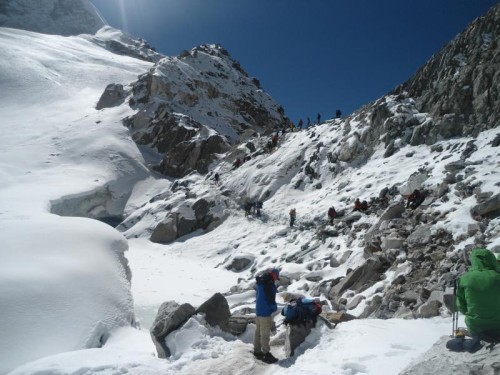
26th Mar, 2020
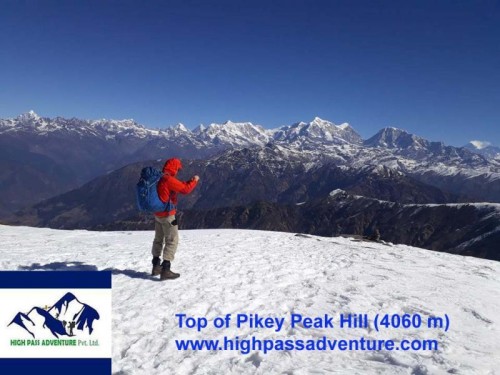
31st Mar, 2020

19th Jun, 2023
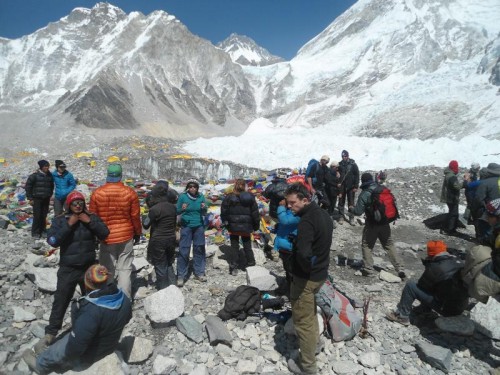
11th Feb, 2020
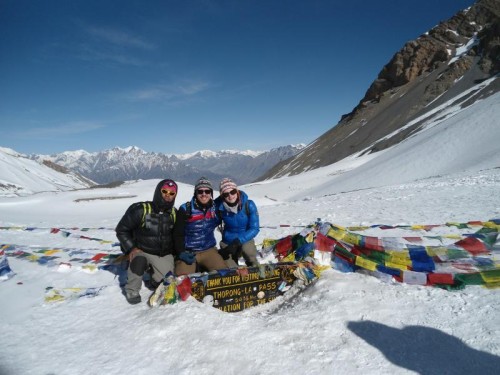
11th Mar, 2020
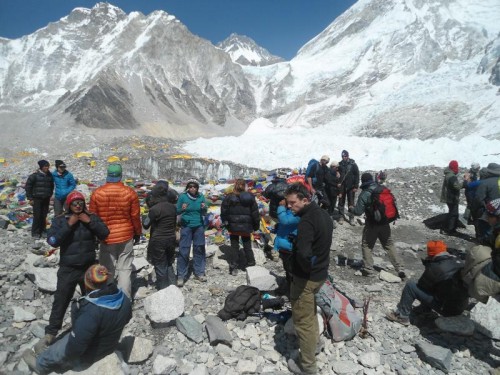
27th Sep, 2019
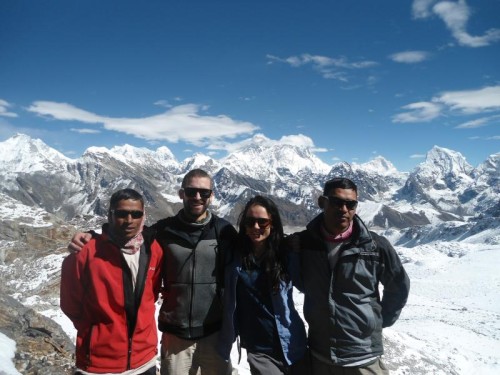
17th May, 2019
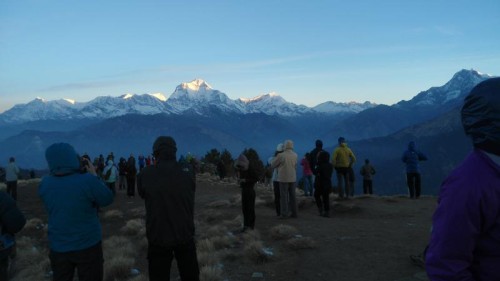
26th Jul, 2020

6th May, 2019
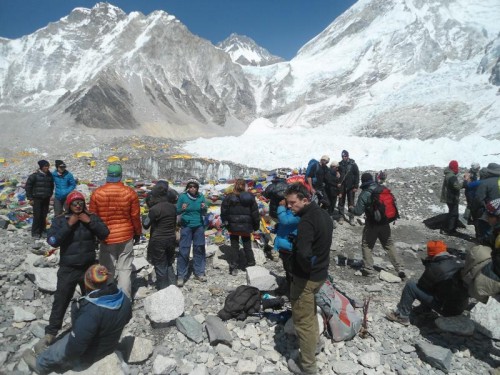
5th Mar, 2019
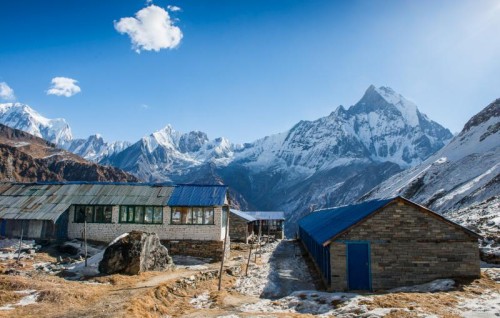
7th Mar, 2020
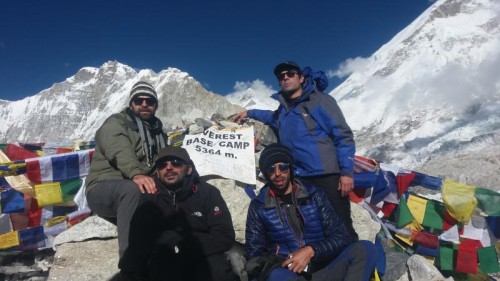
18th Feb, 2019
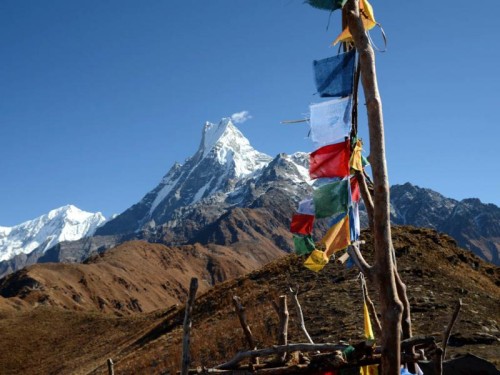
12th Sep, 2019

27th Mar, 2018
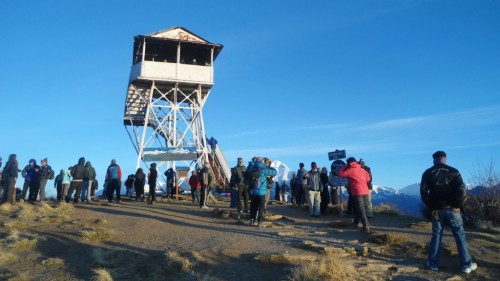
27th Mar, 2019
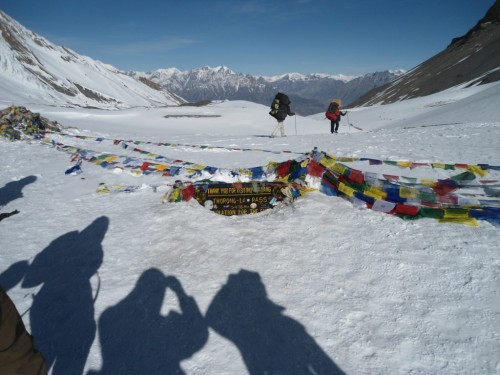
2nd Mar, 2019
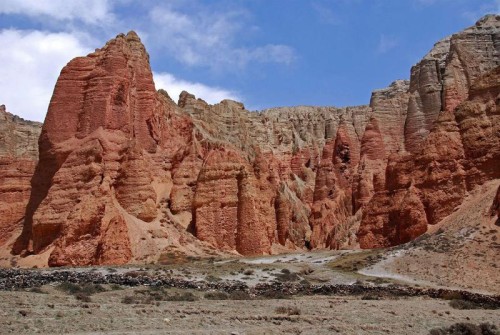
16th Jan, 2019

1st Jul, 2023

5th Jul, 2023

5th Jul, 2023

5th Jul, 2023

5th Jul, 2023
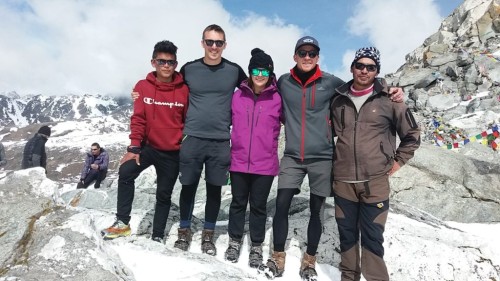
5th Dec, 2019
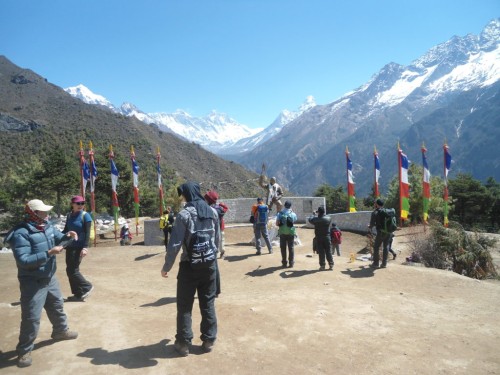
6th Jan, 2019
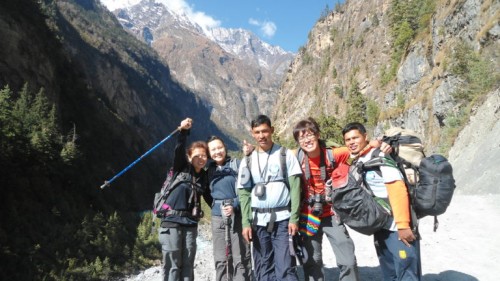
28th Feb, 2018
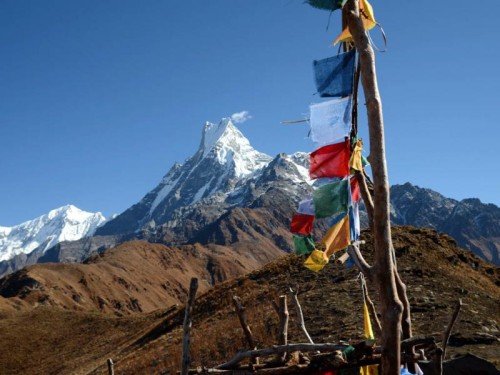
9th Dec, 2018
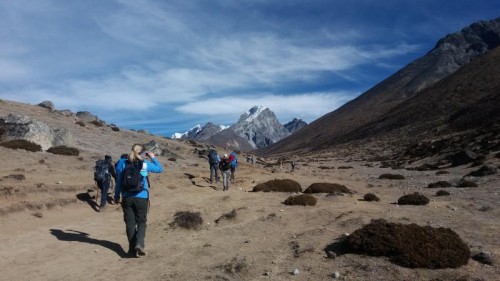
11th Dec, 2018

5th Oct, 2023

3rd Jan, 2024
.jpg)
27th Jan, 2024

29th Jan, 2024

19th Jan, 2025

7th Feb, 2025

17th Feb, 2025

9th Mar, 2025

15th Mar, 2025

18th Mar, 2025

23rd Mar, 2025

25th Mar, 2025

26th Mar, 2025

24th Apr, 2025

21st May, 2025

21st May, 2025

22nd Jun, 2025

22nd Jun, 2025
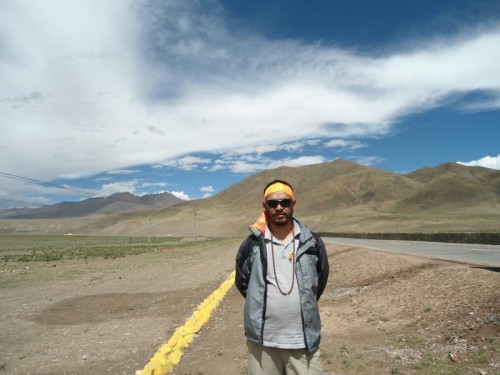
4th Jul, 2025

14th Jul, 2025

14th Sep, 2025

26th Sep, 2025
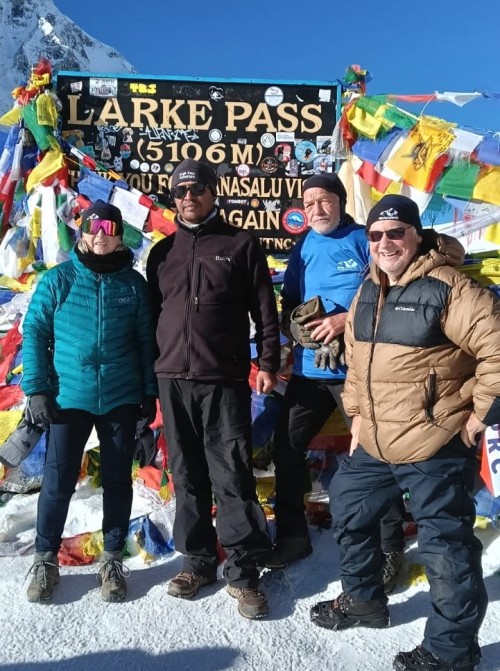
20th Dec, 2025
